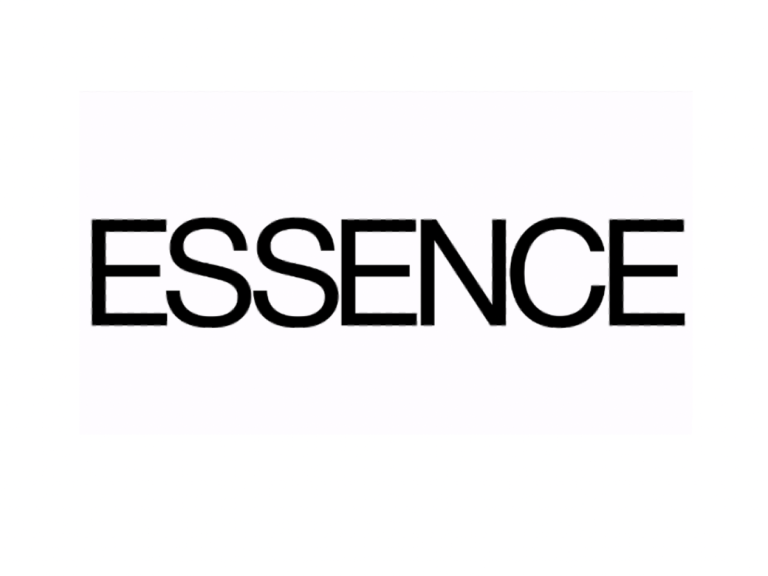ESSENCE
Entrepreneurs who successfully broke into the retail market without venture capital shared their journeys during Essence Festival’s Soko Mrkt panel “Bootstrapping Your Business,” hosted by Chisome A’Marie, VP of New Voice. Recognizing the benefits and challenges of self-funding, the panelists—Mona Lisa Crossway of Vanity Tools, Kimberly Evans of Just Her Ride Share, and Kitiya King of Mischo Beauty—shared strategies for getting started.
To maintain control of their businesses and avoid the complexities of external financing, the founders shared their experiences using their personal savings, funds from their day jobs, and other accessible resources to launch their businesses. “I used the funding that was closest to me, which was my own money. I took money from my 9-to-5 job, from my tax returns, from whatever I had access to,” said King, whose nontoxic vegan nail polish brand Mischo Beauty is now available in 237 stores.
Even as a fourth-generation entrepreneur, Kimberly Evans believed that self-funding was the way to go. “I didn’t know you could go [investors] “I didn’t even know what a cap table was when I started,” she recalls. Her approach was to test her company, Her Ride Share, with no strings attached. “When you start taking venture capital money, you’re no longer the CEO of your company, you become the manager of other people’s money,” she notes. “So I figured self-funding was the best way to stay in control and grow authentically.”
While self-funding has given the panelists autonomy and control over their businesses, it has also led to slower growth due to limited financial resources. King noted that the tradeoff for her has been a slower growth rate due to relying on personal resources and freelance support instead of external funding. Crossway also noted that funding her product development solely from her personal savings has impacted the pace of her expansion. “I will say that you’re not going to go as fast as you think you are going to go with bootstrapping,” said Crossway, who stressed the need to leverage partnerships to ease the financial constraints of scaling.
“We need the help of the people in our community, and we can’t do it without them,” said Evans, who admits his company wouldn’t be here today without his network. “I used crowdfunding to get here. I reached out to my people and said, ‘Listen, I need to be here, I need to be in the space.’ They said, ‘We’re here for you.’ And that’s why I’m here today.”
King echoed that sentiment, adding, “I also launched a crowdfunding campaign. My network, community, family and friends have supported me, which has been crucial in keeping the business going.”


